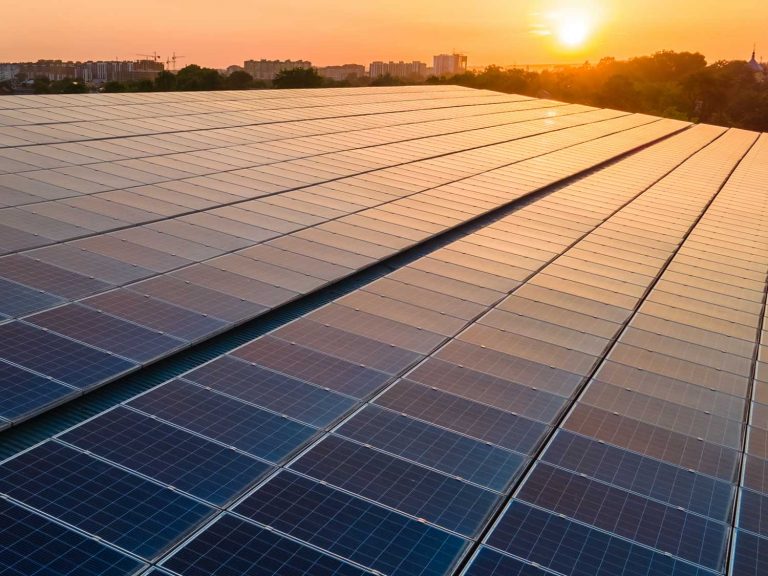
Date:
Delivering the sustainable future, today
Alongside customers in key verticals, including food, drink, cars and commercial vehicles, Metro is committed to the highest environmental standards, by maintaining carbon neutrality, investing in alternative fuels and supporting our customers with technology-enabled sustainable supply chains.
The global food system will face significant pressures over the medium term as demand for resources and the effects of climate change intensify, which is why the sector is fully committed to cutting CO2 emissions, embedding environmental standards in transport and increasing sustainable supply chains.
Despite the challenges that 2022 brought, including supply chain issues, labour shortages and threats to energy security, our food and drink customers remain focused on sustainable, resilient, and responsible supply chains, with an ambition to reach Net Zero by 2040 – a decade earlier than government targets.
The automotive sector continues to improve its sustainability, reducing energy use, sourcing more responsibly and increasing recycling. Indeed, total energy use has declined, by -6.1% on last year, and water use per vehicle fell -6.3%. Waste to landfill also hit a record low, of 0.6%, with 17 leading companies reporting zero waste.
Supply chains need to become more sustainable but you can’t change what you can’t see and experts at Automotive Logistics’ supply chain events agreed that better tools and partnerships are needed to identify emissions in complex supply chains, as a means to start reducing them, because what you can’t measure, you can’t work on.
Hot on the heals of our industry investment in Sustainable Air Fuel (SAF) and the Sustainable Flight Challenge, Metro has invested in solar panels at our UKHQ to move beyond our net zero achievement, toward Climate Positive and joined the Midlands Net Zero Hub, to share the region’s vision to decarbonise and support key priorities for the Midlands.
With Metro’s MVT Eco module, all the CO2 measuring and emission analysis tools our customers need can be found in one single place. Eco calculations conform to EN 16258, to provide data and reporting that complies with the most demanding frameworks and methodologies.
Our ‘on demand calculator’ module means that shippers can predict CO2 impact, by any mode and location, based on IATA or UNLOC codes and use those insights to create efficient, low-carbon supply chain solutions.
Using our latest generation MVT Eco module, we develop intelligent supply chain solutions, based on accurate and representative data, that are respectful of the environment.
Low-carbon multi-modal solutions that blend air, road, sea, inland waterways and rail, together with NGV and electric vehicles.
The MVT ECO module is available free-of-charge to customers on their MVT dashboard. To request a demo or discuss your requirements, please EMAIL Simon George.
